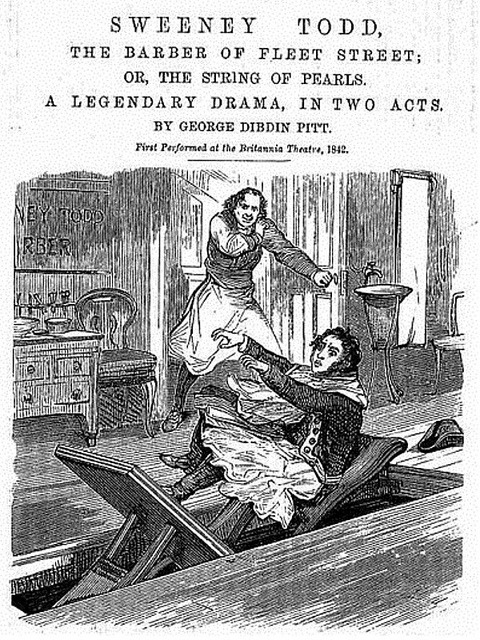Sad necessities and the comfort zone
For many years, I've taken shameful (or shameless) advantage of Top Shelf's annual $3 web sale of comics and graphic novels from their catalog. Not everything is $3, of course -- but a large number of selected items from their catalog are remarkably discounted, with some inventory they've never been able to shift cut down to $1.

I scanned the list yesterday and started filling out my mental list of stuff I wanted: Eddie Campbell's omnibus volume of the Alec stories and a Jeffrey Brown collection, and a few others.
But I caught myself. I didn't feel that little thrizzle I used to feel when anticipating the comics I wanted to buy. Sad to say, I felt a little hollow in there. I also felt a little sad knowing I didn't really need any of them.
Beyond the financial calculation, I'd also computed the space, time, and interest calculations. Space: I'm already maxed out on my bookshelf space and have dozens of great comics and graphic novels I haven't processed yet. Time: I've had some of those books for literally years, yet I haven't read them. So what makes me think that I would treat new books brought into the fold any differently? Interest: I'm certainly curious about these books, but the visceral interest just isn't there. I'm simply more interested in other things now.
I think the time for profligate reading is behind me. At least for now. I feel more drive and interest in solidifying my career (as a contractor, I always work on shaky ground), spending more time with family and friends, and generally being more active. In some ways, I'm reading as much as ever, but the time I can devote to reading is shrinking and I am finding it easier to shrug off some items that I previously considered necessities.
Getting out of one's comfort zone by trying some new behavior or activity is the modern panacea for self-improvement. I've certainly adopted it in the last few years by taking on leadership roles, trying new activities, and taking on bigger responsibilities -- all while feeling anxious and ill-prepared. Moving out of my comfort zone by doing these new things stretched me and expanded my sense of what I could do. I'm glad I did them.
A slightly different aspect of expanding the comfort zone is not doing things that previously brought pleasure. Addicts of all stripes know that abstaining is an active struggle; it's the struggle that moves you out of the comfort zone.
My struggle this year in deciding what comics to buy at the Top Shelf sale turned into a non-struggle. I found it sad, necessary, and surprisingly easy to set aside my desire for a yearly jolt of color and novelty. I wondered what I would replace that activity with. Which is when I started writing this post.







